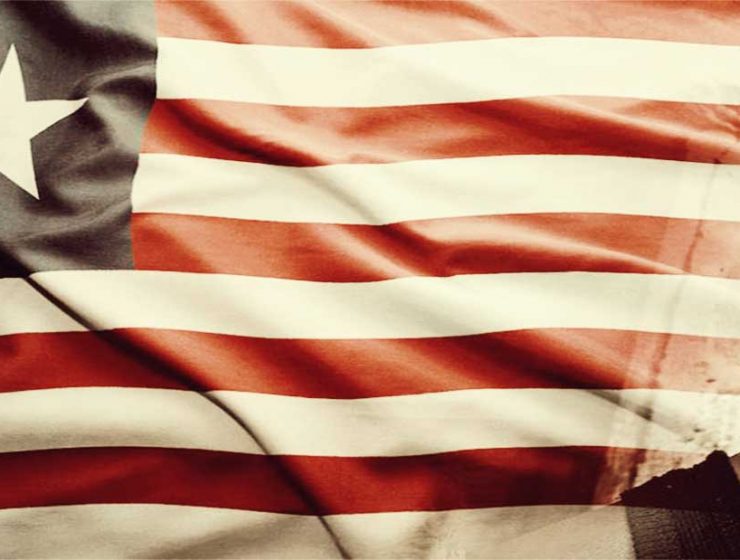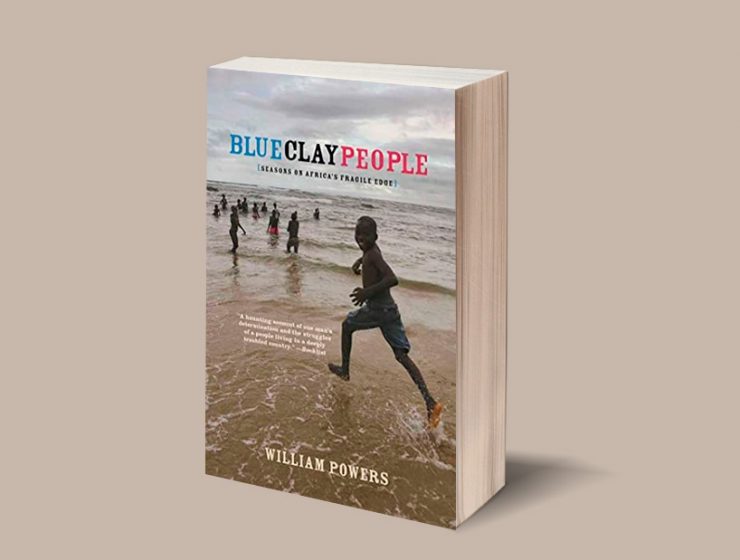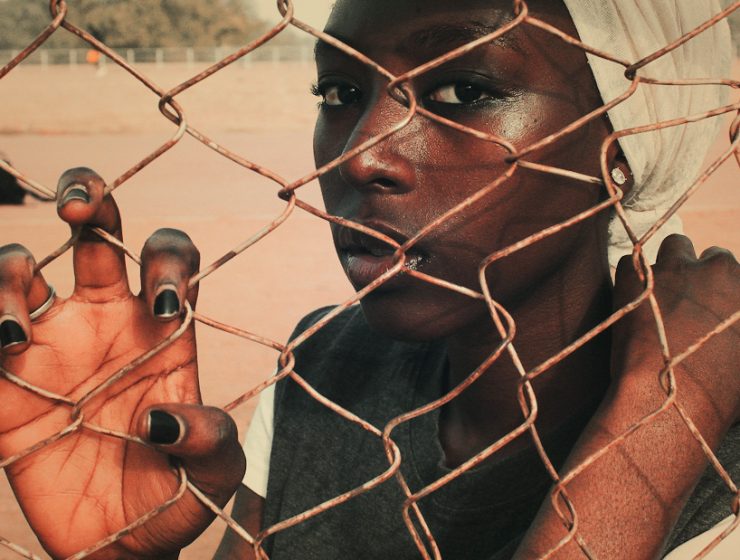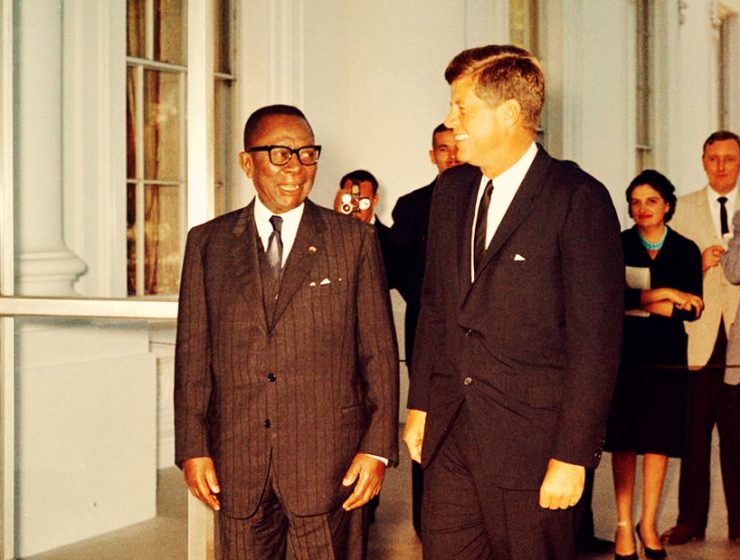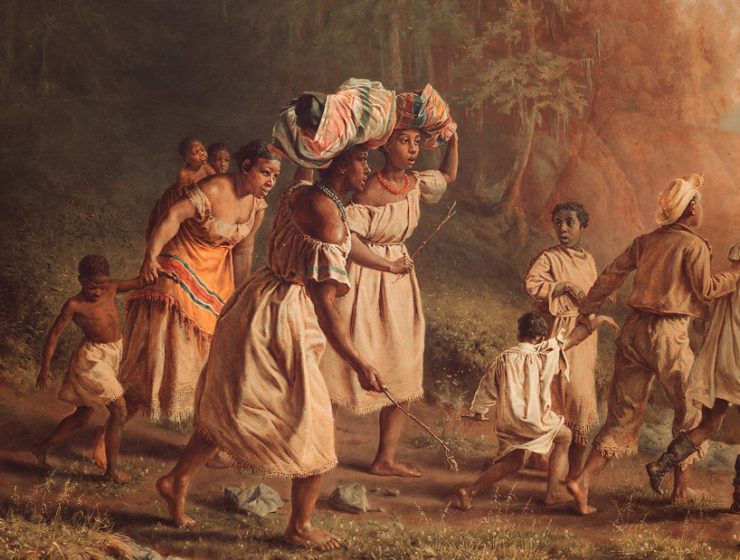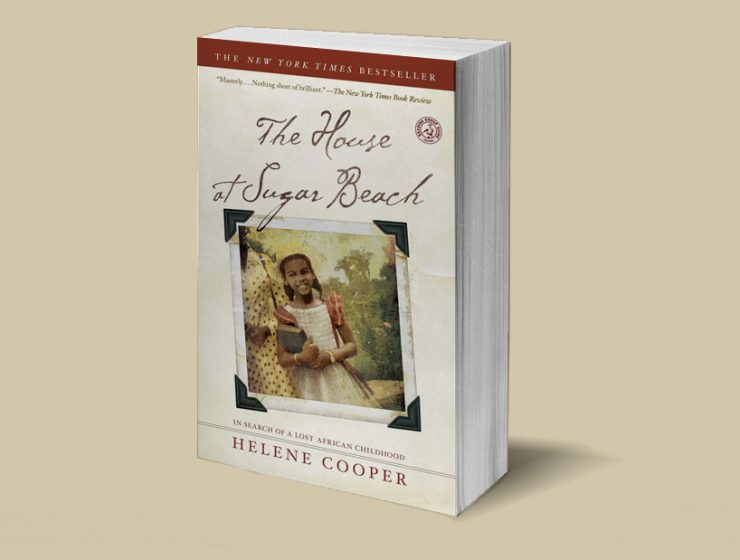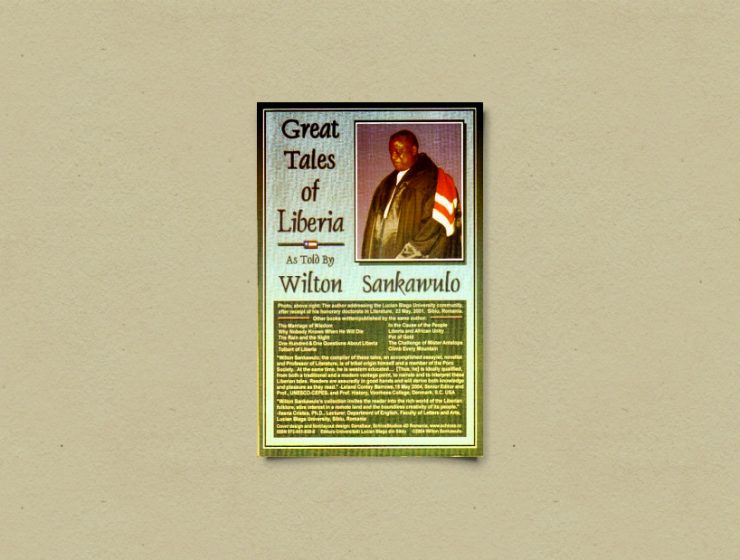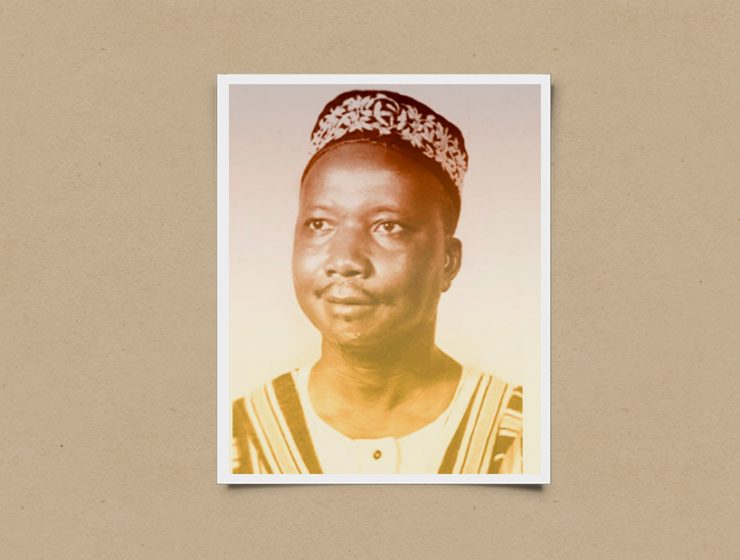For those who have lived and worked in Liberia, or for those who are doing so at present, Blue Clay People will seem very close to home and familiar. Many expats (and also a good handful of Liberians) can see themselves in the character of Powers, his thoughts and his experiences will be theirs. Powers…
“Have things changed in Liberia or not?”. A literary review of BLUE CLAY PEOPLE by William Powers (3) of (3)
